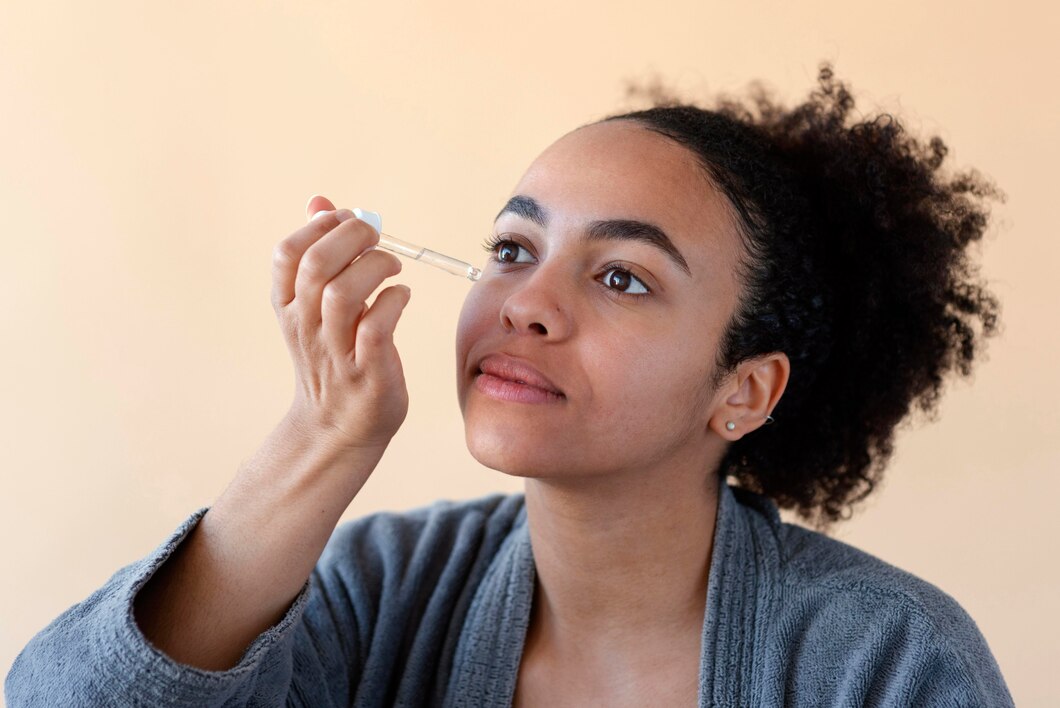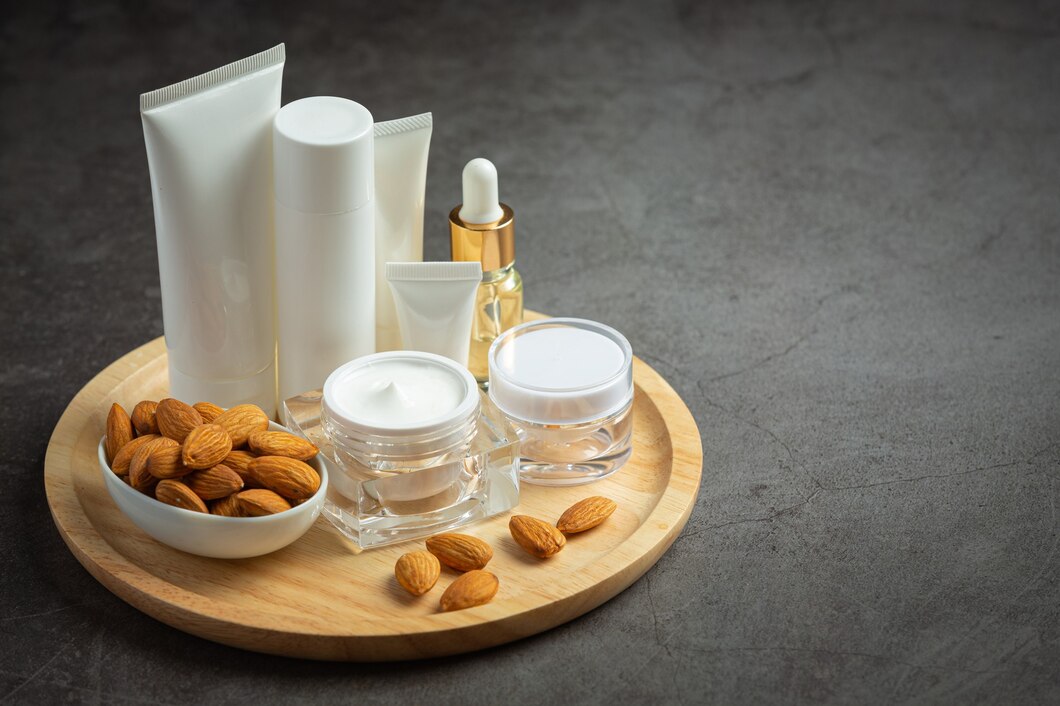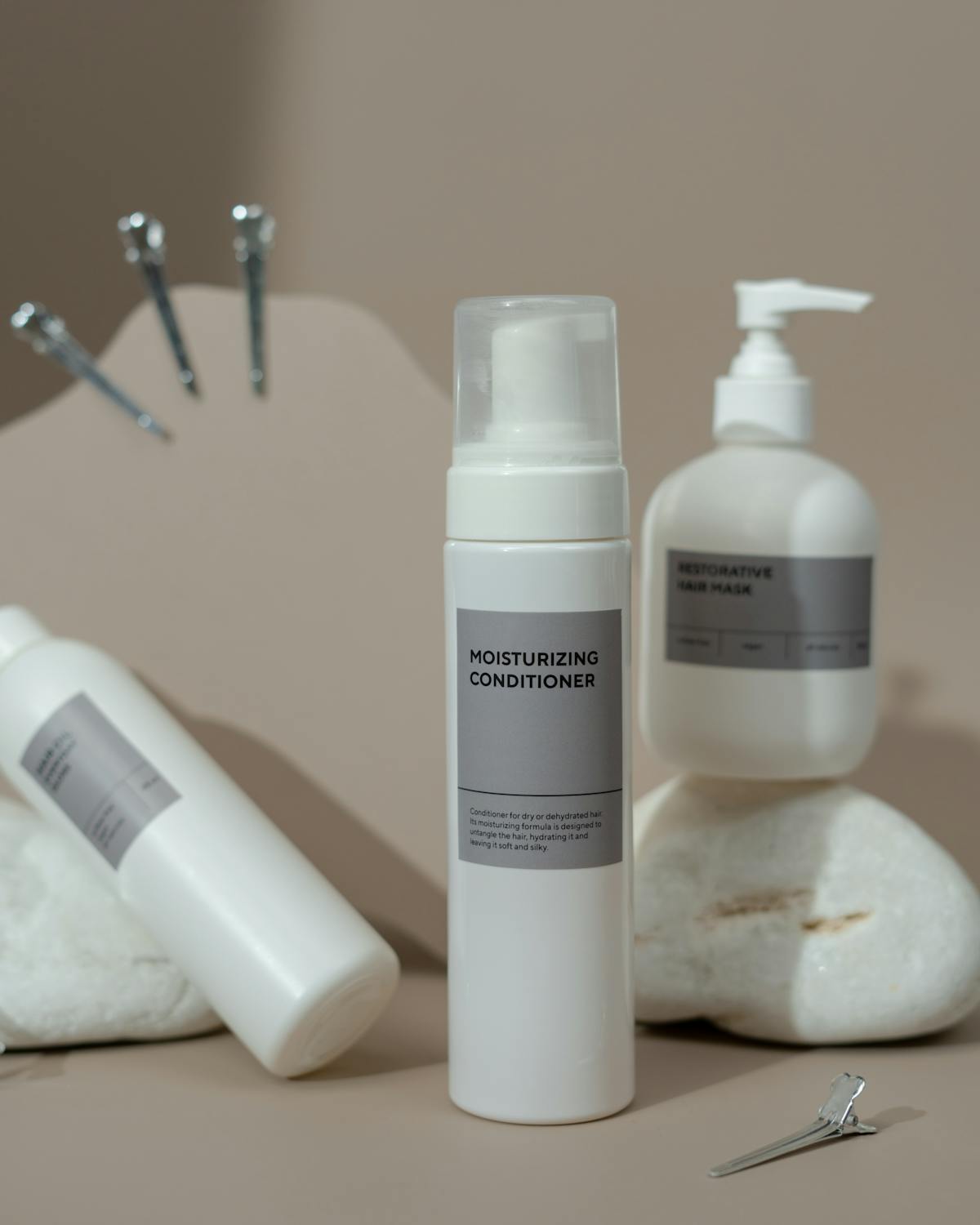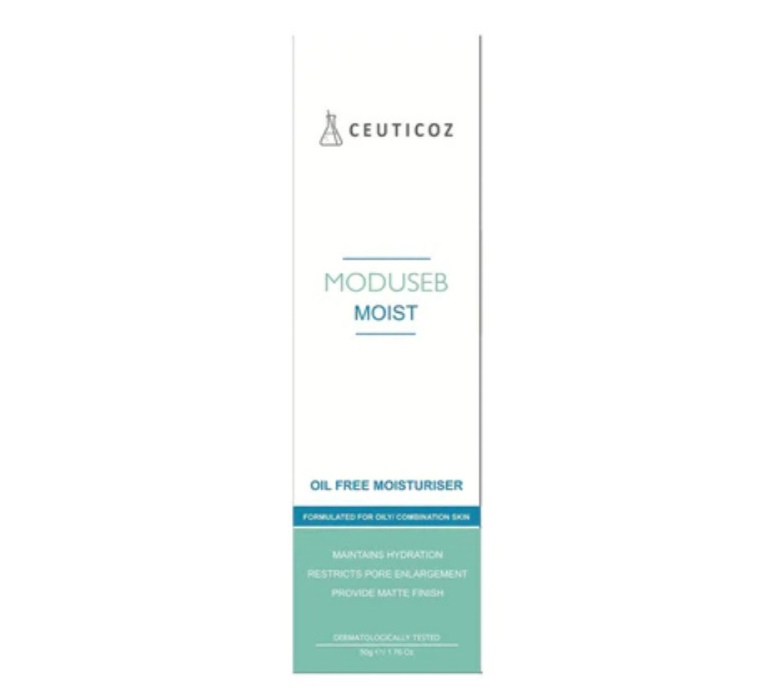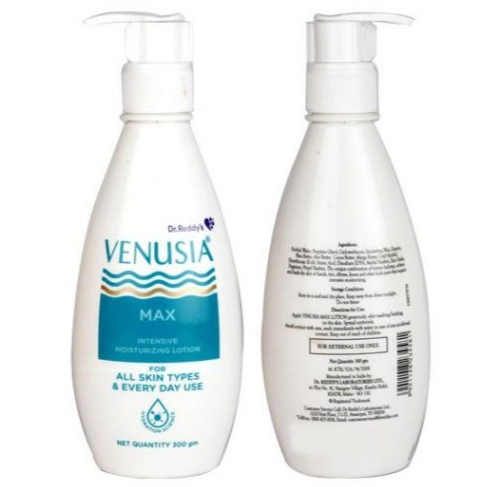Introduction
Peptides have become a buzzword in the world of skincare, but what exactly are they, and why are they so beneficial for your skin? In this blog, we’ll dive into the science behind peptides, their various types, and how they can help you achieve healthier, more youthful-looking skin.
What Are Peptides?
Definition: Explain that peptides are short chains of amino acids, which are the building blocks of proteins like collagen and elastin in the skin.
Role in Skin Health: Discuss how peptides play a crucial role in maintaining the skin’s structure, promoting firmness, elasticity, and overall resilience.
Natural vs. Synthetic Peptides: Briefly touch on the difference between naturally occurring peptides in the body and synthetic peptides used in skincare products.
How Do Peptides Work in Skincare?
Stimulating Collagen Production: Explain that peptides signal the skin to produce more collagen, which helps to reduce the appearance of fine lines and wrinkles.
Strengthening the Skin Barrier: Discuss how peptides help reinforce the skin barrier, protecting against environmental stressors and preventing moisture loss.
Improving Skin Texture and Tone: Mention that peptides can also promote a smoother, more even skin tone by encouraging skin cell turnover and repair.
Targeting Specific Skin Concerns: Highlight how certain peptides are designed to address specific issues like pigmentation, inflammation, or sagging skin.
Types of Peptides in Skincare
Signal Peptides: Describe how these peptides send signals to the skin to boost collagen production and repair damage.
Carrier Peptides: Explain that these peptides deliver essential minerals like copper to the skin, enhancing its healing and regenerative processes.
Neurotransmitter Inhibitor Peptides: Discuss how these peptides work similarly to Botox by relaxing facial muscles and reducing the appearance of expression lines.
Enzyme Inhibitor Peptides: Highlight how these peptides slow down the natural breakdown of collagen and other important proteins in the skin.
Benefits of Peptides in Skincare
Anti-Aging: Explain how peptides help reduce fine lines, wrinkles, and sagging skin by boosting collagen production.
Hydration: Mention that peptides can improve the skin’s ability to retain moisture, leading to plumper, more hydrated skin.
Skin Barrier Support: Discuss how peptides strengthen the skin’s protective barrier, making it more resilient to environmental damage and sensitivity.
Soothing and Repairing: Highlight peptides’ role in calming inflammation, reducing redness, and promoting healing in damaged or irritated skin.
How to Incorporate Peptides Into Your Skincare Routine

Serums and Moisturizers: We recommend starting with peptide-rich serums or moisturizers, which are most effective due to their ability to penetrate deeper layers of the skin.
Layering with Other Products: Explain how peptides can be layered with other active ingredients like hyaluronic acid or niacinamide for enhanced results. However, advise caution when combining with strong acids or retinoids.
Consistency is Key: Emphasize the importance of regular use to see the best results, as peptides work gradually to improve skin over time.
Morning vs. Evening: Suggest using peptides both in the morning and evening, but particularly at night when the skin is in repair mode.
Popular Peptide Skincare Products
Product Recommendations: Include a few popular and well-reviewed peptide-based products, explaining why they’re effective and how they fit into a skincare routine.
Tips for Choosing Products: Offer advice on what to look for when selecting peptide products, such as the type of peptide, concentration, and any additional beneficial ingredients.
Common Myths and Misconceptions About Peptides
The Myth: Peptides Work Like Botox: Clarify that while certain peptides can mimic the effects of Botox by relaxing muscles, they don’t provide the same immediate or dramatic results.
Myth: All Peptides Are the Same: Explain that different peptides have different functions, so it’s important to choose the right one for your skin concerns.
Myth: Peptides Are Only for Aging Skin: Highlight that peptides are beneficial for all ages and skin types, not just those concerned with aging.
Who Should Use Peptides in Skincare?

Suitable for All Skin Types: Explain that peptides are generally well-tolerated and can benefit all skin types, from dry to oily and sensitive skin.
Preventive Care: Mention that younger individuals can use peptides as a preventive measure to maintain skin elasticity and firmness.
For Mature Skin: Emphasize the anti-aging benefits for those looking to reduce the appearance of fine lines, wrinkles, and sagging.
Potential Side Effects and Considerations
Minimal Side Effects: Assure readers that peptides are generally safe and non-irritating, but advise patch testing new products to rule out any sensitivities.
Interaction with Other Ingredients: Discuss how peptides generally pair well with other skincare ingredients, but users should be cautious when combining them with acids that might reduce their effectiveness.
Conclusion: Unlock the Power of Peptides for Healthier Skin
Peptides are a powerful addition to any skincare routine, offering a range of benefits from anti-aging to skin repair. By understanding how peptides work and how to incorporate them into your routine, you can unlock their full potential and achieve healthier, more youthful-looking skin. Have you tried peptide skincare products? Share your experiences in the comments below!
